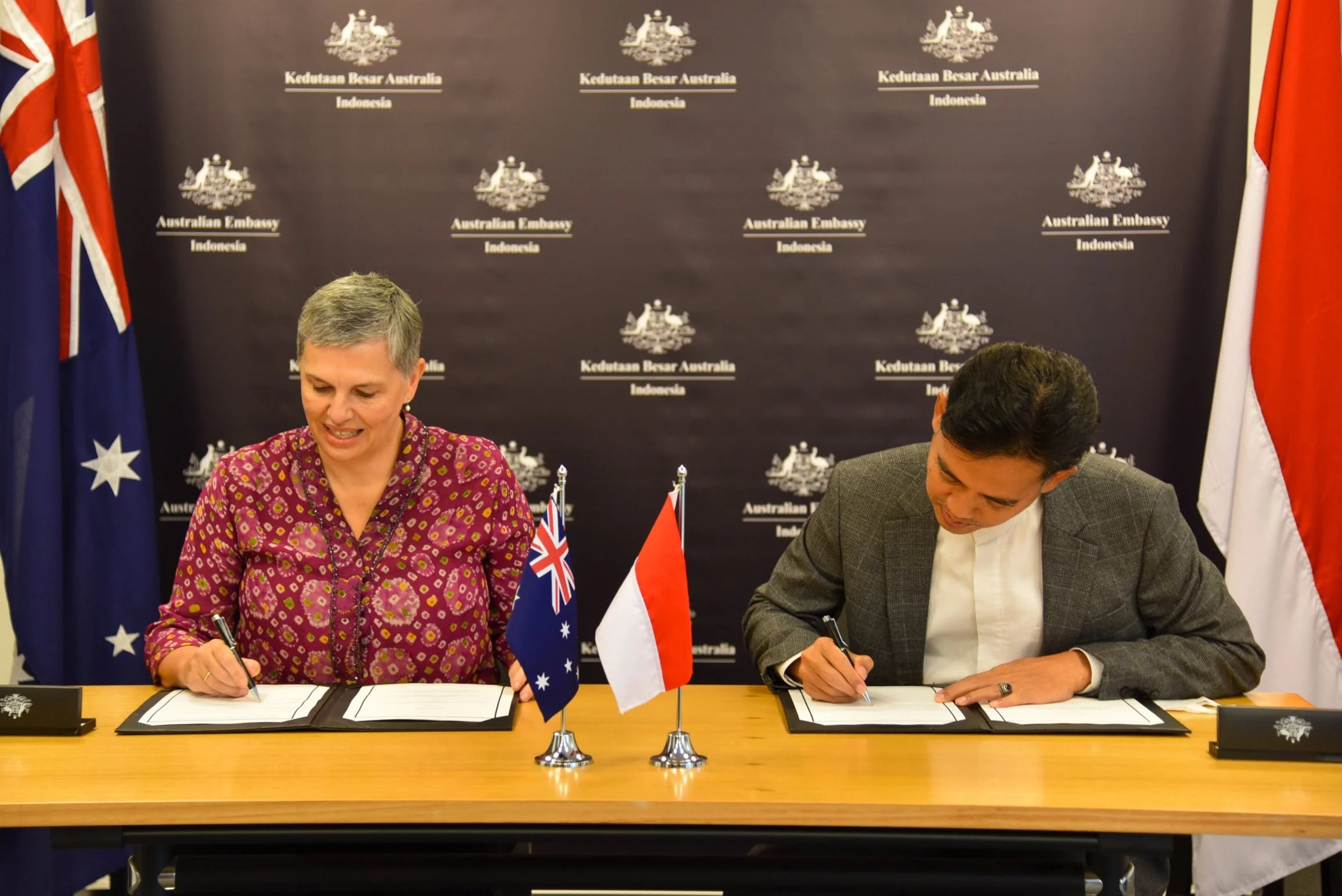Written by Melissa Conley Tyler and Viet Dung Trinh
By balancing domestic production and free trade, the Future Made in Australia Act aims to promote economic growth, create jobs, and support Australia's transition to a net-zero emissions economy.
Read More
















